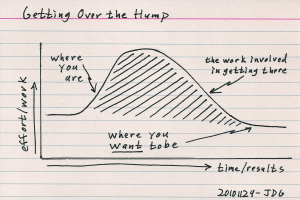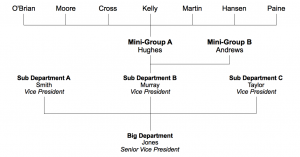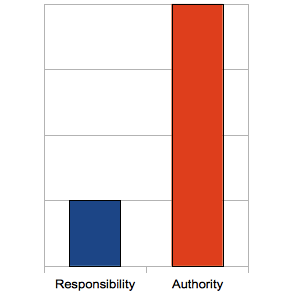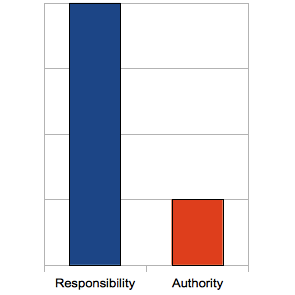
Slack: getting past burnout, busywork, and the myth of total efficiency
I’m re-reading Tom DeMarco’s Slack again at the moment, this time with the purpose of providing a thorough review for the bookshelf. It’s such a good book, it might take me several entries to get it all covered. Right now, though, I’d like to write about the weather. And slack.
It’s snowing in northeast Ohio at the moment and although not much has hit the ground yet, plenty is predicted. Cancellations poured through. First it was my noon appointment, then it was the afternoon ones and finally, at the time of this writing, everything scheduled for today was cancelled or postponed. My nearly-full day suddenly became wide-open.







